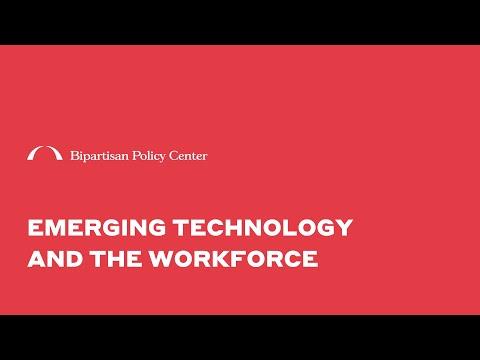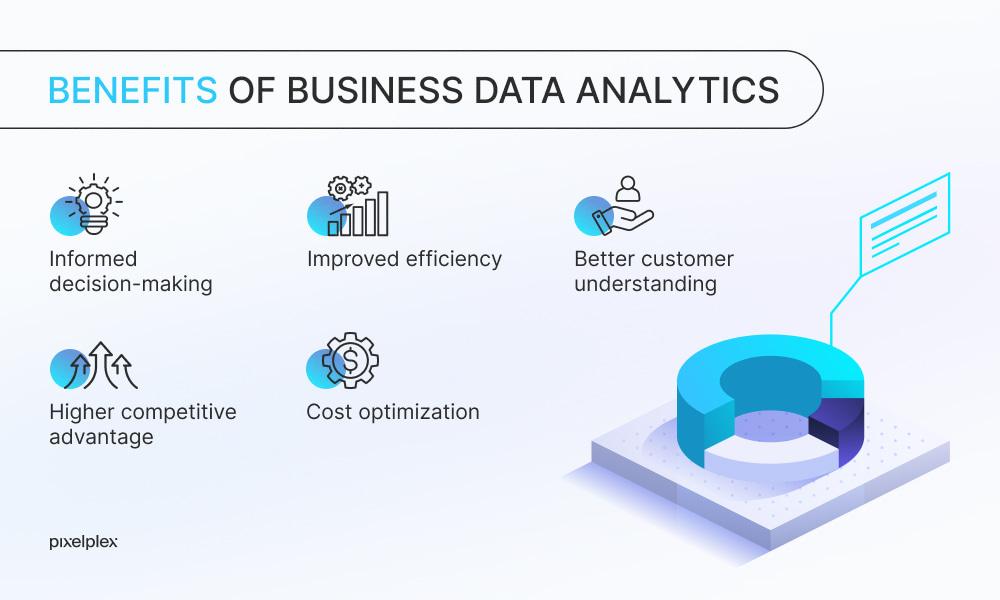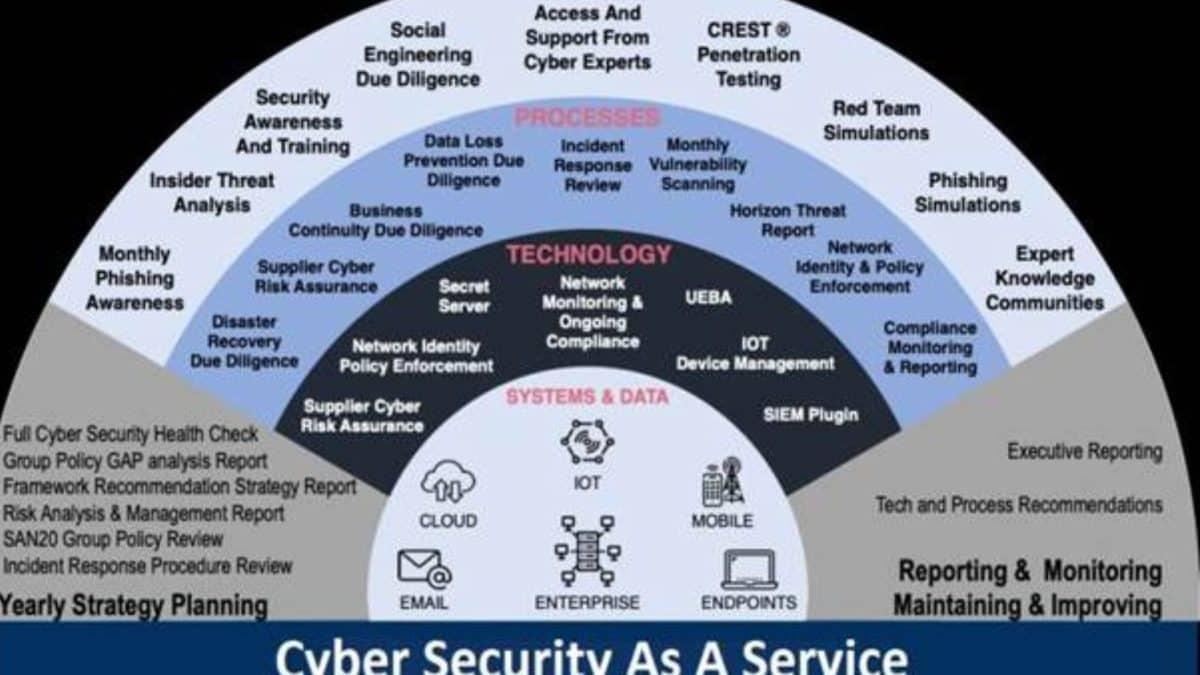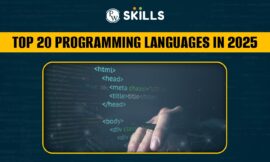In today’s fast-paced digital world, technology is teh silent engine driving innovation across every industry. As businesses evolve and adapt, the demand for specific tech skills continues to surge, shaping the future of work. Whether you’re a fresh graduate stepping into the workforce or a seasoned professional aiming to stay ahead, knowing which technical abilities employers prioritize can be your key to unlocking new opportunities. This article explores the top five tech skills that are currently high on employers’ wish lists,offering insight into what it takes to thrive in the modern job market.
Emerging Technologies Shaping the Future Workforce
As industries evolve,so does the demand for specialized tech expertise. Employers are increasingly on the lookout for professionals who can navigate the complexities of artificial intelligence, blockchain, and automation, ensuring their organizations remain competitive in a rapidly transforming landscape. The fusion of these technologies is not only changing job roles but also redefining essential skills, pushing the workforce toward continuous learning and adaptability.
Among the most sought-after skills, data literacy stands out prominently. Understanding how to interpret complex datasets and extract actionable insights has become indispensable across almost every sector.Coupled with this, proficiency in cloud computing continues to dominate, enabling scalable and flexible solutions that power modern enterprises.
- Machine Learning & AI – Crafting bright systems that improve decision-making.
- Cloud Computing – Harnessing scalable infrastructure for optimized performance.
- Cybersecurity – Protecting data privacy and digital assets in an interconnected world.
- Data Analytics – translating raw data into strategic insights.
- Software Development – Creating robust applications with agility and innovation.
| Technology | Impact on workforce |
|---|---|
| AI & Machine Learning | Automates repetitive tasks,enabling creativity and problem-solving. |
| Cloud Computing | Facilitates remote collaboration and resource scalability. |
| Cybersecurity | safeguards digital infrastructures and builds trust. |
| Data Analytics | Drives informed decision-making and strategic planning. |
| Software Development | Creates innovative solutions tailored to evolving business needs. |
For a deeper dive into these transformative skills and how you can stay ahead in the tech-driven job market, explore insights from the World Economic Forum’s Future of Jobs Report and guidelines from Coursera’s Learning Hub. Staying informed and proactive about emerging trends will be key to thriving in tomorrow’s workforce.

Mastering Data Analytics for Competitive Advantage
Data analytics is no longer just a support function — it’s the driving force behind strategic decisions that separate industry leaders from followers. Companies harnessing data effectively can uncover hidden patterns, optimize processes, and tailor customer experiences with unprecedented precision. As a skill, it amalgamates technical prowess with critical thinking, enabling professionals to transform raw numbers into actionable insights.
To truly excel, one must master various tools and methodologies:
- Statistical analysis and machine learning models to detect trends and predict outcomes
- Data visualization software for communicating complex findings clearly and persuasively
- Data wrangling and cleaning techniques that ensure accuracy and reliability
The competitive advantage gained by mastering these skills is reflected not just in improved operational efficiency, but also in fostering innovation and adapting swiftly to market changes. For certified methodologies and skill-building resources, platforms like Coursera and insights from McKinsey Analytics provide unparalleled learning paths.
| Analytics Skill | Key Benefit | Top Tools |
|---|---|---|
| Predictive Modeling | Forecasting trends to guide strategy | Python, R, SAS |
| Data Visualization | Clear insights communication | Tableau, Power BI |
| Data Engineering | Efficient data pipeline management | SQL, Apache Spark |
Coding Languages Employers Demand and How to Learn Them
Mastering the right coding languages can considerably impact your marketability in the tech industry. Employers today overwhelmingly favor languages like Python for its versatility across web development, data science, and automation. Alongside Python, JavaScript remains indispensable for front-end and full-stack development, enabling dynamic and responsive user experiences. For those targeting enterprise environments, Java and C# offer robustness and scalability, while SQL continues to be essential for database management and analytics.
Ready to dive in? Here are some effective ways to learn these languages:
- Interactive Platforms: websites like Codecademy and FreeCodeCamp offer hands-on coding exercises that reinforce concepts.
- Project-Based Learning: Build real-world projects such as web apps or automation scripts. Platforms like github help you collaborate and showcase your work.
- Official Documentation & Tutorials: Explore resources like the MDN Web Docs or the official Python website for authoritative guidance and best practices.
| Language | Primary Use | ideal Learning Resource |
|---|---|---|
| Python | Data science, AI, web | Python Official Tutorial |
| JavaScript | Web development | MDN JavaScript Guide |
| Java | Enterprise apps | Oracle Java Docs |
| C# | Windows development,games | Microsoft C# Docs |
| SQL | Databases, analytics | W3Schools SQL Tutorial |

Building Cybersecurity Expertise in a Digital World
In today’s rapidly evolving technological landscape, staying ahead in cybersecurity requires more then just basic knowlege. Employers are increasingly seeking professionals who combine technical prowess with a strategic mindset.Mastery of network security protocols, proficiency in threat detection tools, and an understanding of compliance frameworks like ISO/IEC 27001 are now essential. Aspiring experts must also be adept at responding swiftly to incidents while protecting sensitive data across cloud and on-premise environments.
Key skills that set candidates apart include:
- Deep knowledge of encryption algorithms and cryptography
- Hands-on experience with penetration testing and vulnerability assessment
- familiarity with automated security tools and AI-based threat intelligence
- Ability to design secure architectures in hybrid cloud settings
- Strong understanding of regulatory requirements such as NIST Cybersecurity Framework and GDPR
| skill Area | Why It Matters |
|---|---|
| cloud Security | Safeguards critical data in elastic infrastructures |
| Threat Intelligence | Proactively identifies and mitigates emerging risks |
| Incident Response | Minimizes damage and downtime after a breach |
For those serious about career growth, resources like Cybrary and SANS Institute offer complete training and certifications designed to keep professionals on the cutting edge. Developing these competencies not only positions individuals as valuable assets but also strengthens the digital defenses organizations depend on every day.

Navigating Cloud Computing Skills for Career Growth
Mastering cloud computing is no longer optional—it’s an essential pivot in today’s tech landscape. As businesses transition to cloud-native environments, professionals who can architect, deploy, and maintain cloud infrastructures gain a important edge. Understanding platforms like amazon Web Services (AWS), Google cloud Platform, and Microsoft Azure equips candidates with the ability to innovate and streamline operations at scale.
Key skills to develop include:
- Cloud Security: Ensuring data protection and compliance in multi-cloud environments.
- Automation & Infrastructure as Code (IaC): Leveraging tools like Terraform and Ansible for efficient deployments.
- Containerization: Using Docker and Kubernetes to build scalable cloud applications.
| Skill | Why It Matters | Learning Resources |
|---|---|---|
| Cloud security | Protects assets and builds trust | CIS Benchmarks |
| Infrastructure as Code | Streamlines provisioning and reduces errors | Terraform Docs |
| Containerization | Enables scalable and portable applications | Kubernetes Official Docs |
Insights and Conclusions
As the digital landscape continues to evolve at a breakneck pace, mastering the top tech skills is no longer just an advantage—it’s a necessity. Whether you’re a seasoned professional or just starting out, embracing these skills can open doors to new opportunities and future-proof your career. Stay curious, keep learning, and remember: in the world of technology, adaptability is the ultimate asset. Your next big breakthrough might just be one skill away.





